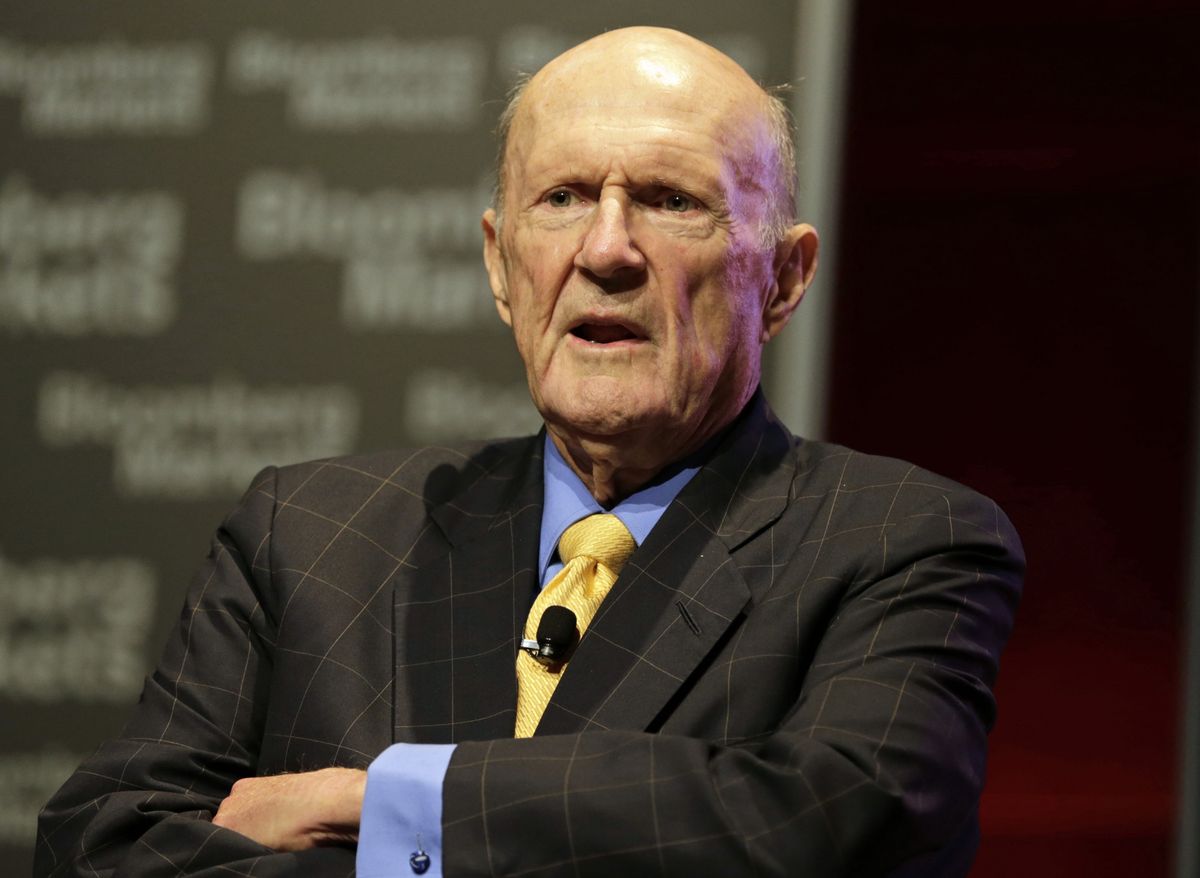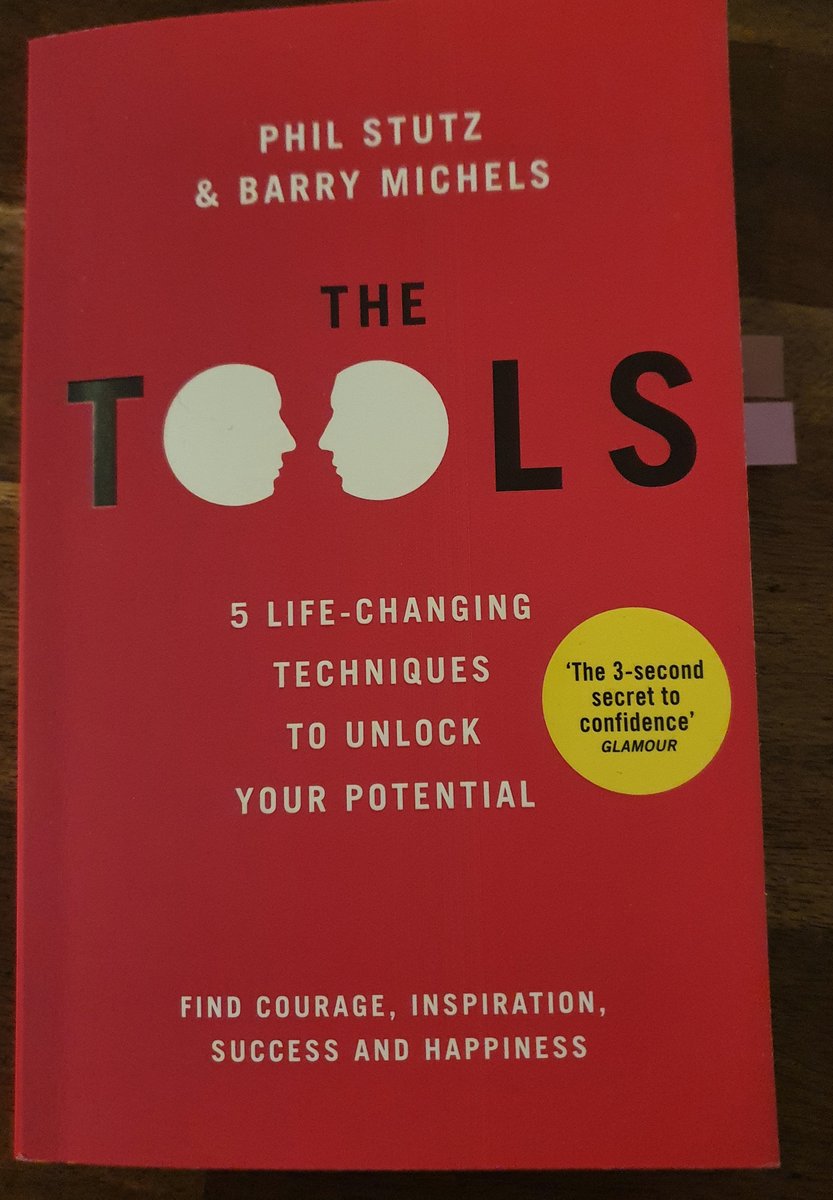
In 1987, six college friends made $30 million with their new trading firm.
Today they're billionaires, having proven themselves on the trading floor, in poker rooms, on race tracks, even in startups.
"In the choice of fame and fortune, they chose fortune."
Today they're billionaires, having proven themselves on the trading floor, in poker rooms, on race tracks, even in startups.
"In the choice of fame and fortune, they chose fortune."
The story starts with Jeffrey Yass. He was born in 1958 and grew up in Queens. His father was an accountant and ran a small fintech company called Datatab.
When he received warrants he explained the instrument to his son and they studied the financial pages together.
When he received warrants he explained the instrument to his son and they studied the financial pages together.
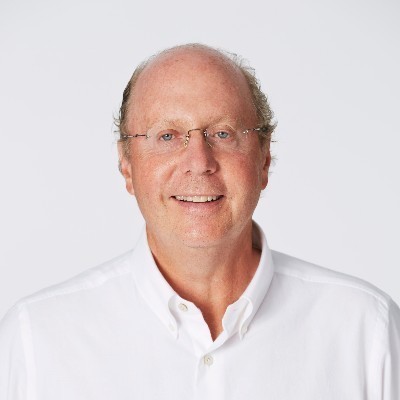
Yass made first trade in high school (through his Dad), buying options on Alcoa!
"I'd see options in the newspaper and I would realize that mathematically they couldn't be right, that you could buy one and sell the other and the odds would be in your favor."
"I'd see options in the newspaper and I would realize that mathematically they couldn't be right, that you could buy one and sell the other and the odds would be in your favor."
He enrolled at SUNY Binghampton and found a group of likeminded friends. They cared about math and games, played poker together and visited race tracks.
"People would give them money to take to the track. Whatever method they came up with, it was phenomenal."
"People would give them money to take to the track. Whatever method they came up with, it was phenomenal."

"If it was a choice of going to class or going to the races, they would opt for the races - and still get A's on tests."
"They were fascinating characters. They were sort of intellectuals but they didn't go about life that way. They were gamblers."
"They were fascinating characters. They were sort of intellectuals but they didn't go about life that way. They were gamblers."
Yass applied what he learned about probabilities and game theory. He wrote a paper “An Econometric Analysis of Horse Racing” that was later published in the magazine Gambling Times.
He graduated with a degree in math but liked to joke he had been a poker major.
He graduated with a degree in math but liked to joke he had been a poker major.
After college, the friends pooled $1,600 and rented a studio apartment in a "real seedy section of Vegas." Yass wanted to become a professional poker player.
"I took a lot of hard knocks," Yass says of his stint in Las Vegas. "But I learned a lot, had a lot of fun, too."
"I took a lot of hard knocks," Yass says of his stint in Las Vegas. "But I learned a lot, had a lot of fun, too."
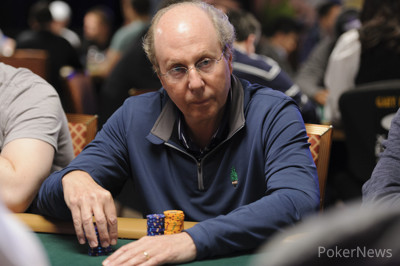
A year later he returned to attend NYU.
Instead of getting a degree, NYU alumni and future hedge fund tycoon Izzy Englander offered to back him to start trading.
In 1981, Yass bought a seat on the Philadelphia Exchange for $30,000 (and a 50% revenue share).
Instead of getting a degree, NYU alumni and future hedge fund tycoon Izzy Englander offered to back him to start trading.
In 1981, Yass bought a seat on the Philadelphia Exchange for $30,000 (and a 50% revenue share).
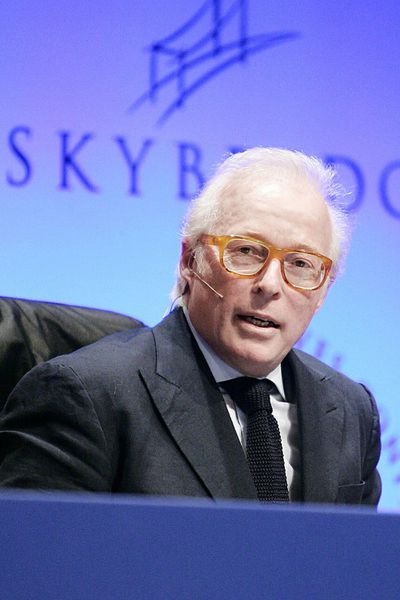
Yass started as a market maker trading options.
He called up his old friends saying: 'Come on out here, we're making a ton of money.'
"We'd go in and trade, go out to dinner at night, talk about trading, come in in the morning and trade."
He called up his old friends saying: 'Come on out here, we're making a ton of money.'
"We'd go in and trade, go out to dinner at night, talk about trading, come in in the morning and trade."
They also pooled capital to get back to the race tracks. They looked for asymmetric bets, then showed up with duffel bags full of cash.
At a Jai Alai spot they bet on every combination in a "Pick-Six" which requires the winners in six straight games. They collected $752,778.
At a Jai Alai spot they bet on every combination in a "Pick-Six" which requires the winners in six straight games. They collected $752,778.
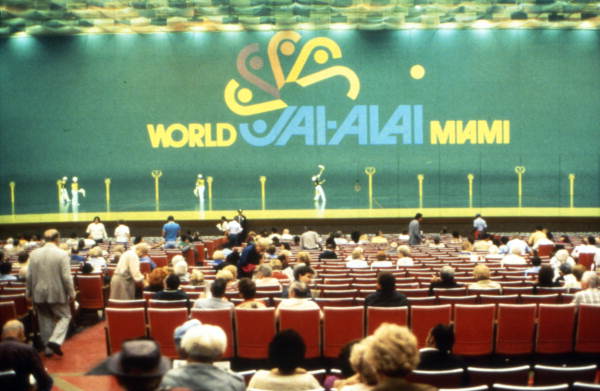
They also found "Super Bet" cumulative jackpots that carried over between horse races. At a certain size, buying all combinations became asymmetric.
A $60,000 bet at Sportsman’s Park made them $600,000. Eventually, the tracks showed them the door.
A $60,000 bet at Sportsman’s Park made them $600,000. Eventually, the tracks showed them the door.
"We'd go there (to race tracks) with a lot of money," Yass said. "We carried a lot of cash ... We tried to keep a low profile."
But trading remained their main game. In 1987, they set up Susquehanna, named after the river in Binghampton.
But trading remained their main game. In 1987, they set up Susquehanna, named after the river in Binghampton.

"Our strategy is to take a very disciplined and detailed approach to trading. It's our strategy in all our business to hedge our risks so we can't lose drastically in any one trade."
Their first big win was out of the money puts which went up 9x in the '87 crash, earning $10mm.
Their first big win was out of the money puts which went up 9x in the '87 crash, earning $10mm.
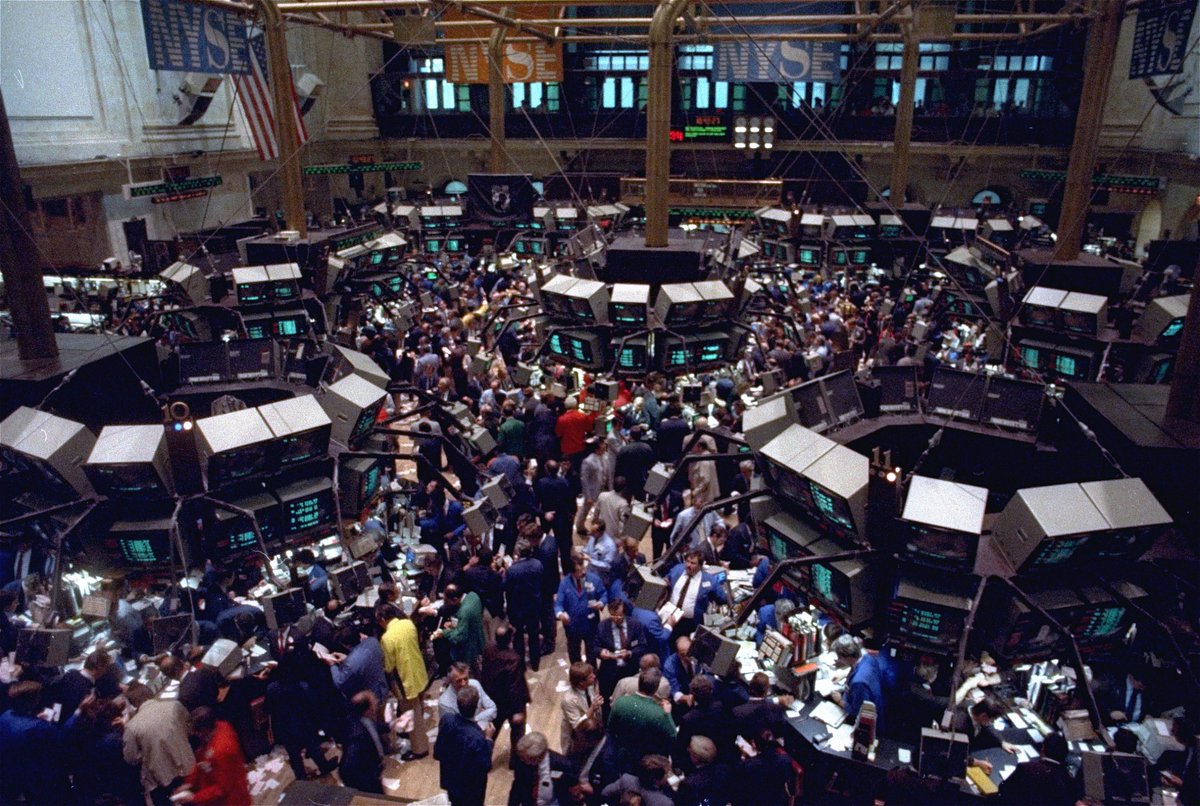
The firm made $30mm that first year.
"There was no celebration at all. If the market had gone up 500 points and we would have made that amount of money, then we would have been celebrating. But just the way it happened, it was too spooky."
washingtonpost.com/archive/busine…
"There was no celebration at all. If the market had gone up 500 points and we would have made that amount of money, then we would have been celebrating. But just the way it happened, it was too spooky."
washingtonpost.com/archive/busine…
Since then, the firm has grown without ever raising external capital.
It's the second largest trader of options in the US with 20-25% market share. It's also one of the biggest market makers in stocks and other assets.
bloomberg.com/news/features/…
It's the second largest trader of options in the US with 20-25% market share. It's also one of the biggest market makers in stocks and other assets.
bloomberg.com/news/features/…
They also reinvested some of their capital into startups in the US, Israel, China.
Their Chinese venture team knew Zhang Yiming and invested early in TikTok parent ByteDance. In 2012, they bought a 15% stake that is likely worth tens of billions today.
wsj.com/articles/secre…
Their Chinese venture team knew Zhang Yiming and invested early in TikTok parent ByteDance. In 2012, they bought a 15% stake that is likely worth tens of billions today.
wsj.com/articles/secre…
They remain committed to studying games and odds. Three Susquehanna traders have won World Series of Poker bracelets.
They even have a blog to analyze games - everything from Backgammon to Rocket League:
raiseyourgame.com
They even have a blog to analyze games - everything from Backgammon to Rocket League:
raiseyourgame.com
A book on the mathematics of gambling, 'Getting the Best of It' by David Sklansky used to be required reading.
"That's their bible," one former colleague said.
amzn.to/3shELL8
"That's their bible," one former colleague said.
amzn.to/3shELL8
“All of sports betting, all of playing poker, and all of options trading is making sure you’re betting against someone you’re smarter than. If you’re not asking yourself, am I the sucker, or am I the [bait], you get arrogant and you get crushed.”
"These kinds of things are fun for us," Yass said. "It's intellectually stimulating. Some people like art history, I like probabilistic analysis. It's an interesting challenge. It's not work."
"We're not risk takers, which is what we consider to be a gambler," said Brooks. "The difference," Yass added, "is a gambler is someone who enjoys risk. We don't enjoy risk. We ideally would like to take zero risk."
“Susquehanna is like a black hole. There’s no light that escapes.”
They remain secretive but there are some good sources, especially @AntoineGara 's excellent profile:
They remain secretive but there are some good sources, especially @AntoineGara 's excellent profile:
https://twitter.com/AntoineGara/status/1379557642583080968
2009 profile:
“It’s hard to embrace that culture. Who has the time to teach, on the level they do? Who knows poker? That kind of vision can come only from the top. They love the gaming of it. The gaming of the whole venture.”
phillymag.com/news/2009/08/2…
“It’s hard to embrace that culture. Who has the time to teach, on the level they do? Who knows poker? That kind of vision can come only from the top. They love the gaming of it. The gaming of the whole venture.”
phillymag.com/news/2009/08/2…
Unfortunately no link to the '89 Philadelphia Inquirer article (can send via email/DM).
"We don't delude ourselves. We got lucky being in the right place at the right time. We were fortunate to have caught a business that was ready to explode and to be able to grow with it."
"We don't delude ourselves. We got lucky being in the right place at the right time. We were fortunate to have caught a business that was ready to explode and to be able to grow with it."
This is another excellent write-up:
"In poker and in options trading, the player who can quickly form a range of potential future outcomes & accurately value exposure to those outcomes will win."
frontmonth.substack.com/p/the-susqueha…
"In poker and in options trading, the player who can quickly form a range of potential future outcomes & accurately value exposure to those outcomes will win."
frontmonth.substack.com/p/the-susqueha…
"...what poker players & option traders do - take inputs from their respective environments to process the relationship between expected outcomes, risk, reward and price, betting when the odds are in their favor and waiting on the sidelines when they don’t have an advantage."
• • •
Missing some Tweet in this thread? You can try to
force a refresh

